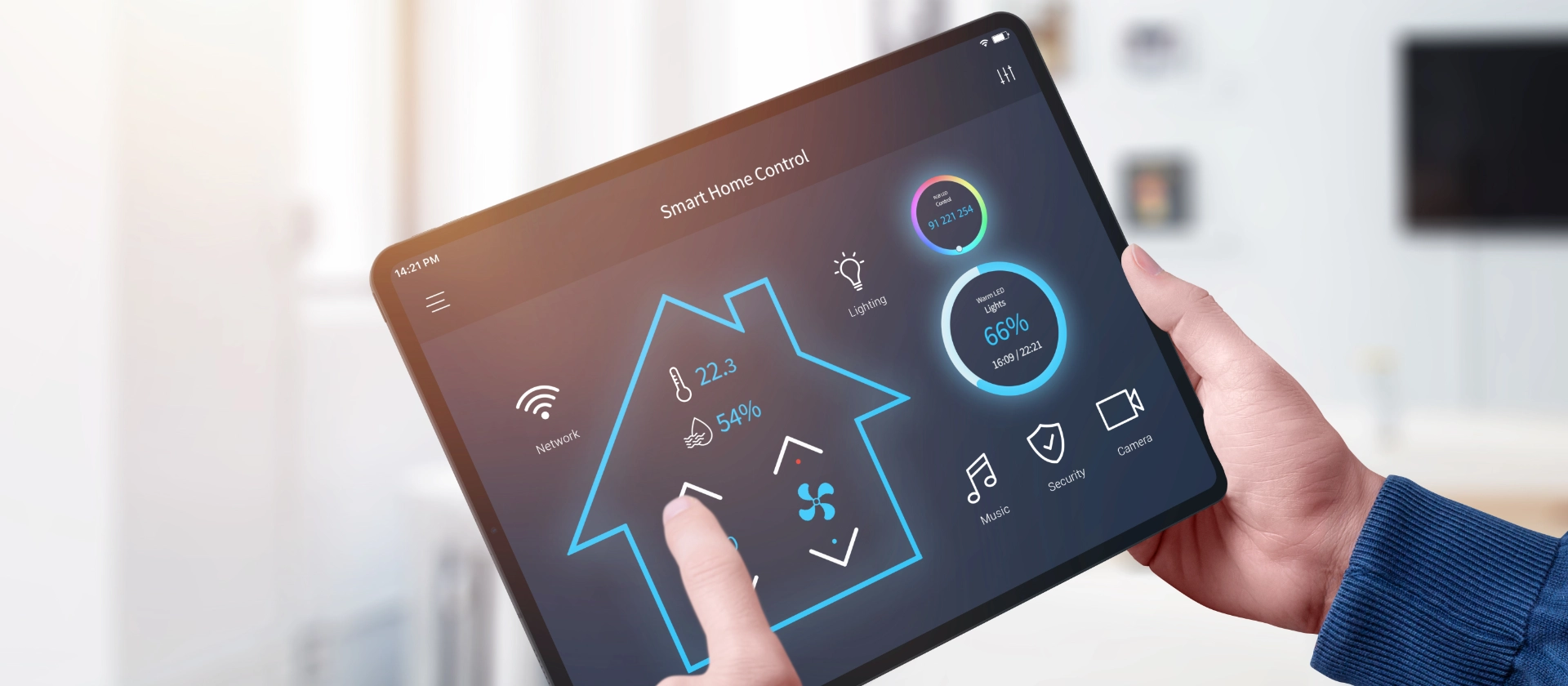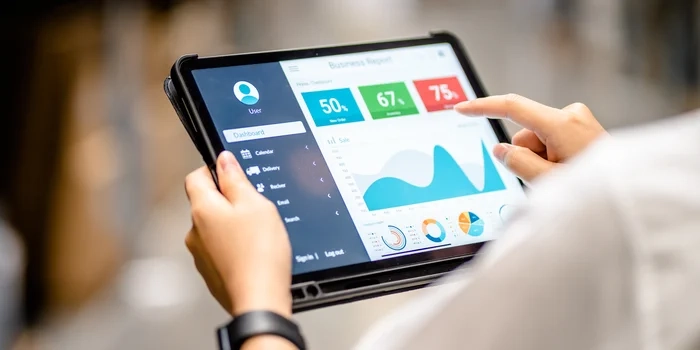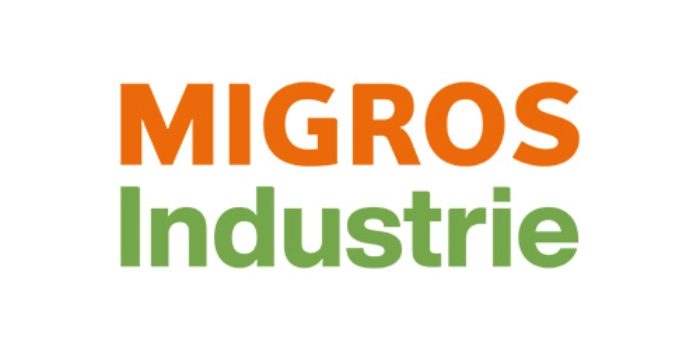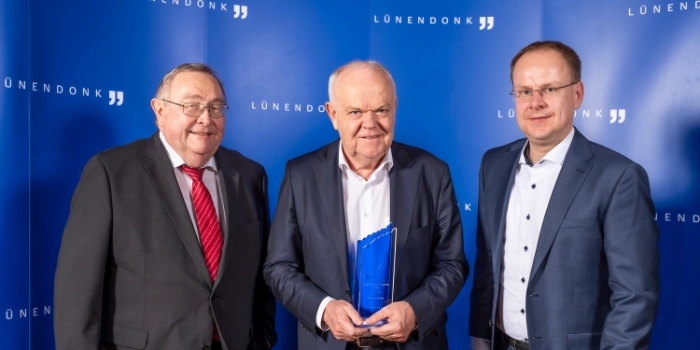

Intelligent heating with Big Data and AI
Identifying potential energy savings and detecting faults at an early stage: With the help of automated data analysis, msg has supported the energy service provider Techem in achieving this goal.
How can energy consumption be reduced? This question is on the minds of politicians, businesses and private households alike in view of the sharp rise in oil and gas prices and the urgent need to reduce CO₂ emissions. The first step on the road to greater energy efficiency is greater transparency regarding heat generation and consumption - and this is precisely what Techem has made its goal. Automated analyses of data from heat generation systems in multi-family and commercial properties should not only identify potential savings, but also detect faults at an early stage. Techem worked with experts from msg from 2020 to 2022 on the technical implementation of this goal.
Customer
Techem GmbH is a global energy service provider for the real estate industry and private homeowners with headquarters in Eschborn. In addition to energy billing for rental apartments, Techem also offers energy management for real estate. The subsidiary Techem Solutions (TS) handles the planning, construction, financing and operation of heat generation systems (HPS) as well as the billing of annual energy costs for its customers.
Challenge
Techem is pursuing the goal of reducing energy consumption in buildings through greater, data-driven transparency of both heat generation and heat consumption, thus enabling customers to save costs and reduce CO₂ emissions. According to studies by the EBZ research project “BaltBest”, digital monitoring and optimization of heat generation systems has the potential to achieve significant savings. Following its own initial investigations, Techem therefore decided to carry out a large-scale trial with 1,200 wind turbines in its own portfolio and equip them with intelligent measurement technology.
However, in order to analyze which specific efficiency increases could be achieved through a digitally monitored wind turbine, significantly more data than just the annual consumption had to be recorded. In addition, the large volumes of data needed to be processed flexibly and scalably in the cloud instead of in the data center as before. Techem therefore decided to implement its own solution on Microsoft's Azure Cloud. The chosen big data-capable data platform was also to be used in other applications in parallel. In the search for a supporting system integration company, Roland Werner, Head of IT at Techem, became aware of msg. “During the discussions, it became clear that the msg experts had an excellent mix of technical skills and domain knowledge,” says Werner. A reference project from msg, which also involved data science in the heating and energy sector, also stood out particularly positively.
Solution
In the first step, msg and Techem jointly developed a technical target architecture. It was then necessary to migrate the data from an initial pilot control center to the Azure Cloud and set up a data model. The measurement data was transferred to an Azure Cloud together with the master data and stored in Azure Data Explorer, a database optimized for storing and analysing telemetry data. A team consisting of Techem and msg employees used data science and AI methods to examine the measurement data for faults and potential for efficiency improvements. To present the results, the team first developed an internal control center based on Power BI, Microsoft's business intelligence tool. After around six months, the first prototype was ready and the employees responsible for operations management had already started to use it.
The next step was to make these tools available to customers. “In discussions with customers, we discovered that transparency about the heating systems would also be of interest to them and their tenants,” explains Werner. Techem and msg therefore took the next step by setting up a web application where real estate companies can log in and find out about the current status of the WEA almost in real time. This customer portal also shows the primary energy consumption and CO₂ emissions for the properties during the year.
The advantages:
- Automated identification of potential for reducing primary energy consumption and CO2 emissions
- Prompt detection of faults in the heat generation systems
Benefits
Over 1,300 heat generation systems in multi-family and commercial properties have now been equipped with the smart monitoring instruments and have been able to prove themselves over two winters. Previously, Techem employees or external partners visited the systems periodically or on call and tried to adjust them as well as possible. Faults were often only detected after a delay, for example by the residents. Now the measurement technology and the applications in the Azure Cloud, which were set up together with msg, are used to automatically and continuously analyze the data from the wind turbines for potential improvements and faults. “This gives us precise information about heat generation in the cellar, for example whether the system is set correctly and working reliably,” emphasizes Roland Werner. “Is a heating curve set incorrectly? Are there any malfunctions in the hot water system? This transparency enables us to do a better job and delight our customers.”
Optimizations or repairs can now be initiated much more quickly, usually even before the residents themselves notice the faults. What's more, the customer portal even makes it possible for landlords or housing associations to find out about potential improvements to their heating systems themselves. In most cases, the measures lead to energy savings, which is an important cost reduction in view of the massive rise in energy prices. At the same time, the measures can reduce CO₂ emissions in systems powered by fossil fuels.
AI from msg – Made in Europe
With artificial intelligence, we want to drive forward the use of AI in organisations faster and more successfully. What sets us apart: Forward-looking consulting services and products to enable value creation through data.











